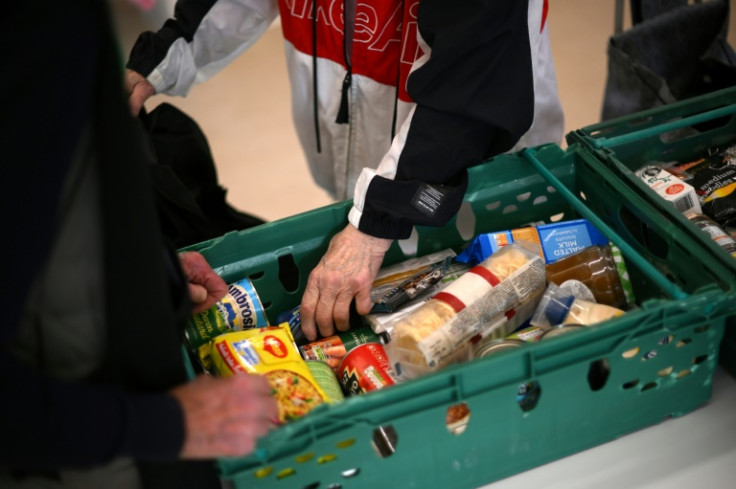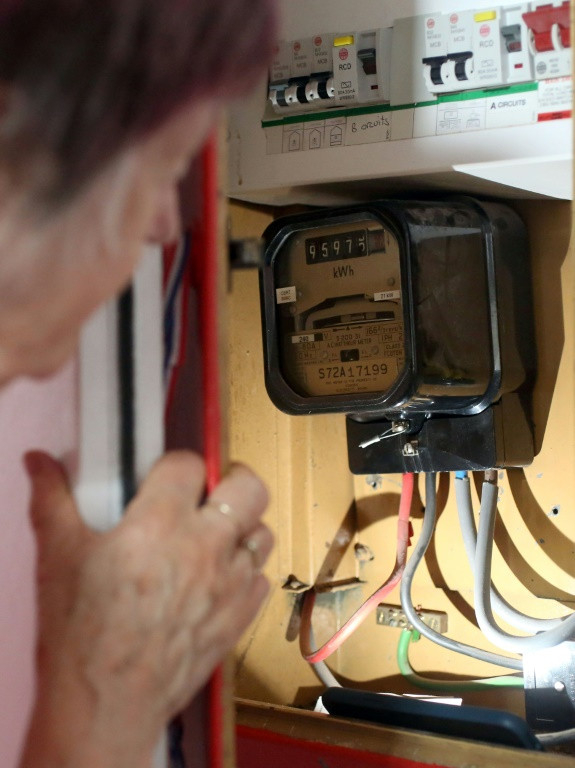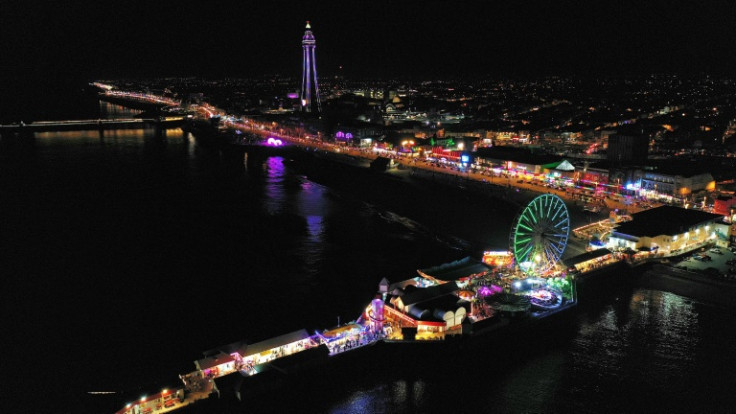UK householders face squeeze as budget looms
Thursday's government budget is unlikely to be uppermost in the minds of people enjoying the annual light show on the seafront promenade of Blackpool.

Thursday's government budget is unlikely to be uppermost in the minds of people enjoying the annual light show on the seafront promenade of Blackpool.
But for residents and businesses of the town, which is ranked as England's most deprived, the expected spending cuts and tax increases could have wide-ranging consequences.
"My basic supply of eggs, bacon, sausages that I give my customers, I have noticed that has gone up from ?10 to ?15 ($12 to $18) in the last couple of weeks," said hotel owner Tracy Applin, 62.
"We are going to struggle. I don't know how long for but they (the government) need to do more to help us," she told AFP.
Finance minister Jeremy Hunt is under pressure to reduce inflation -- which accelerated to 11.1 percent in October, a 41-year high -- squeezing incomes also hit by rising energy prices.
Applin said the widely expected tax increases and high cost of living have her worried for Blackpool's all-important tourist industry.
Some 3.5 million people flock to Blackpool for its Illuminations, the free light show that starts in September and runs to the end of January.
"Usually, this time of year I'd probably have about 40 bookings already for next year," she said.
"At the moment, there's about five or six.
"I can't sit and worry about it. What I've got to sit and do is think, right, well, what am I going to do to draw people in?"
Applin's only option is to shut up shop for the winter months but she cannot afford to do so because she has bills to pay.
Pensioners Julie Newby and her husband Kevin Newby's main worry is the high cost of gas and electricity, which has more than doubled since the same time last year to ?220 pounds a month.
Newby hopes Hunt's budget will offer some respite as she has to care for her husband and son who are both disabled.
"Just generally more help for people who are on the poverty line really," she said.
"I am always going around turning the lights off.
"We're trying to do the washing at night-time instead of during the day because apparently it's cheaper at night-time. We try not to use the dryer but sometimes you have to."
According to the government's 2019 English Index of Multiple Deprivation, which measures average income, employment, health and crime, among other factors, Blackpool is the most deprived of England's 317 local authorities.
"People are struggling to eat," Maggie Cornall, operations manager for Blackpool Council, told AFP.
"People are struggling to heat their homes as well. That has a knock-on effect in terms of general health and well-being."
Food and energy poverty has a knock-on effect on services like hospital accident and emergency departments, as more people take to drugs and alcohol, Cornall said.
Her hope for the budget is that the government intervenes in the energy market to keep prices down beyond measures it has already set out to help hard-pressed households.
She also wants the government to provide additional funding for residents in Blackpool to enable them to both eat and heat their homes.
The Trussell Trust charity, which runs more than 1,200 food banks across Britain, said the cost-of-living crisis is stretching emergency food relief centres to "breaking point".
Last week it said that in the six months to September, 320,000 people have been forced to turn to food banks for the first time.
Nearly 1.3 million food parcels -- more than half of them to children -- were handed out in its network, a third more than in the same period last year.
"I think there needs to be a recognition that the people that live in places like Blackpool, that they are the most vulnerable, they have the least resilience and they need the greatest support," said Cornall.


© Copyright AFP 2025. All rights reserved.





















